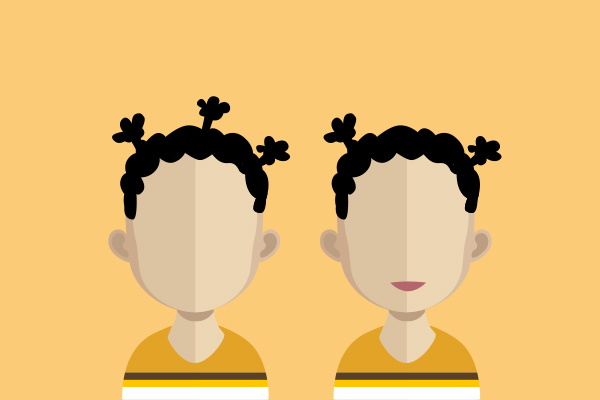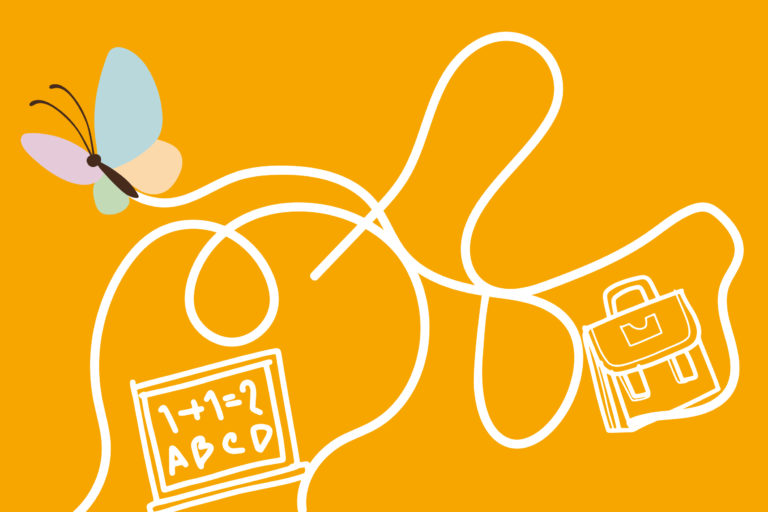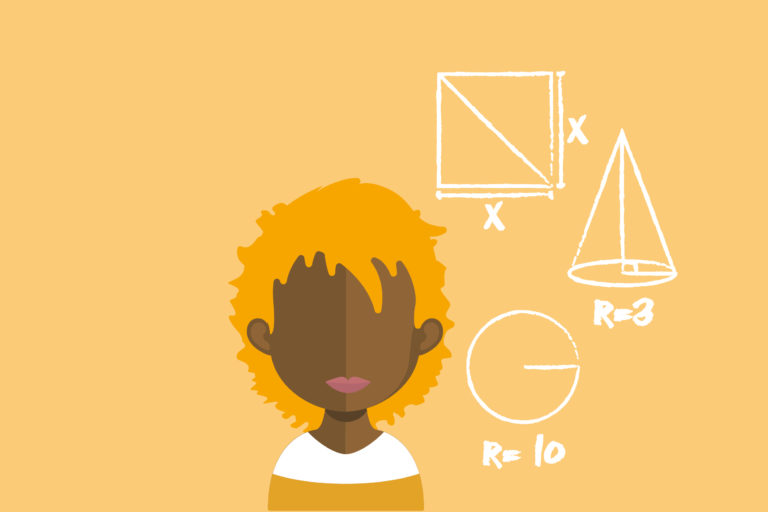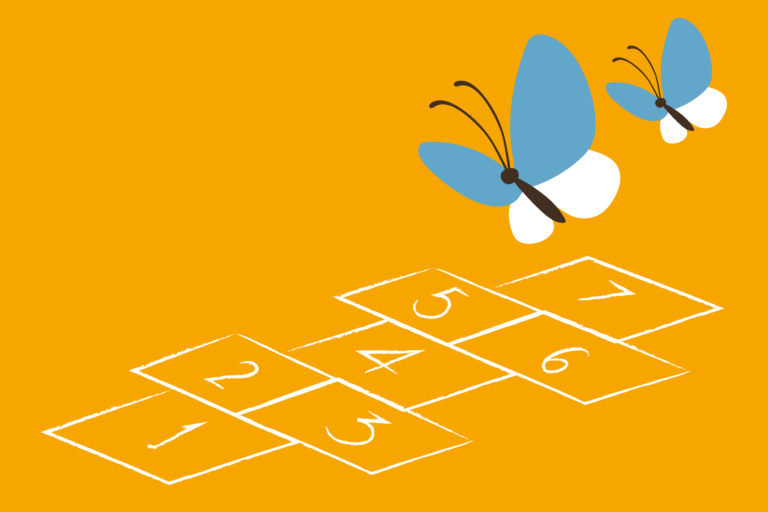The school organizes an action or actions in which the students (either some or all of them, depending on the action) participate with the aim of including refugee students.
The students to:
- work together,
- participate in a joint activity on a variety of topics in their school.
- Refugee students to cooperate with the other students in the school.
- Other pupils to cooperate with the refugee students.
Steps
- The teacher asks the students to prepare a presentation on a traditional game from their country of origin. S/he explains that they can use material from the Internet or books, or draw information from their own or their family’s experiences. When writing about their game, they should keep in mind, among other things, the following elements: Does the name of the game have a meaning? Does the game require equipment (ball, rachet, etc.)? Does the game promote cooperation or competition? Does the game promote some other values that are not so immediately apparent? does the game focus more on moving activity or on social interaction and entertainment? Does it require any particular skills? Is the game accessible to both sexes? (are boys and girls allowed to play together?)
- The teacher decides, depending on the number of games, how many of them will be presented and played in each workshop/lesson. Ideally, the presentation of each game is followed by a practice session where students have the opportunity to play it (a prerequisite is the availability of appropriate equipment or a variant of it).
- At the end of each lesson there is a reflective discussion with the students: What similarities and differences can be identified between the games? What values does each game promote, such as competitiveness and cooperation, fair play, respect? The teacher offers the opportunity to reflect on the richness and diversity of the world and the importance of learning and respecting the practices of others in order to understand them better. It is suggested to create a list of all the games and, as an extension of the activity, the students can enrich it with games from all over the world, by talking to their family members and by using Internet and books as aids.
Evaluation
Reflective discussion at the end of the lesson/workshop.

Duration: 60-90 minutes
Materials – Resources:
- The materials required for each game.
- “Learning to Play Together”: https://jliflc.com/wp-content/uploads/2018/08/Arigatou-GPS-No2-Learning-to-Play-Together-EN.pdf






